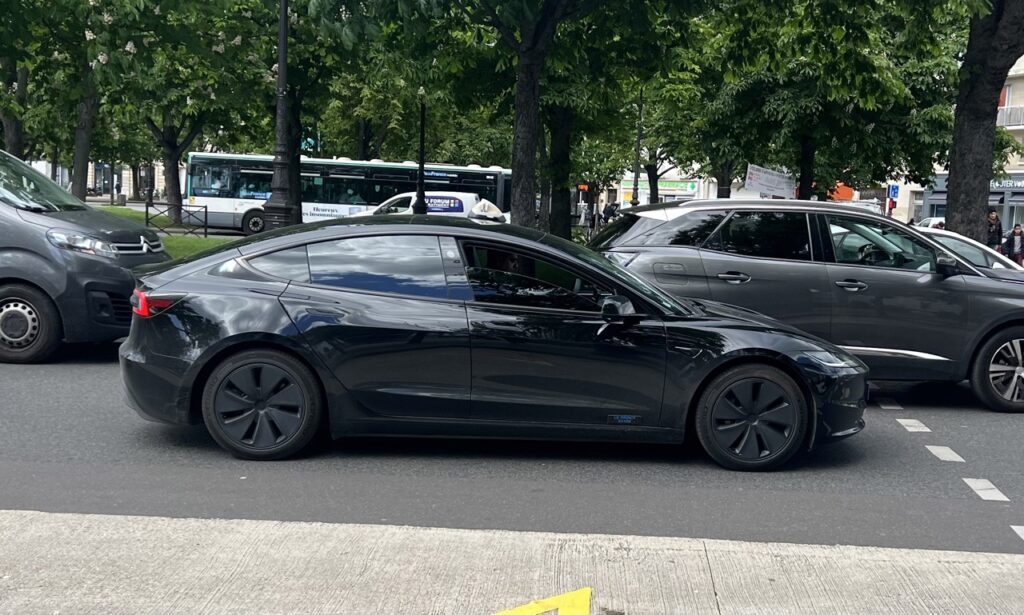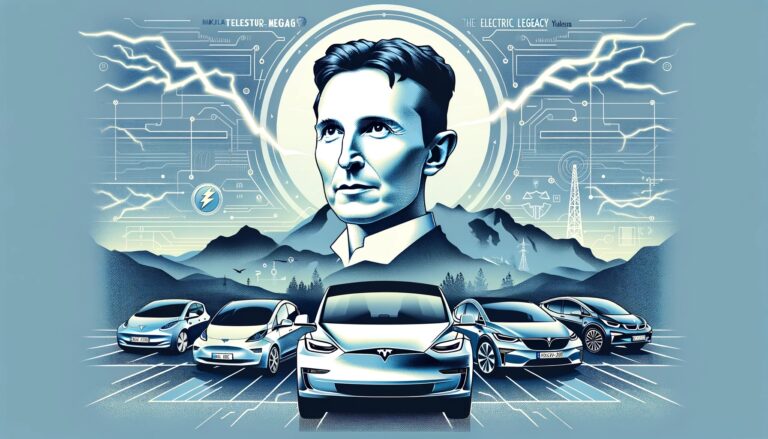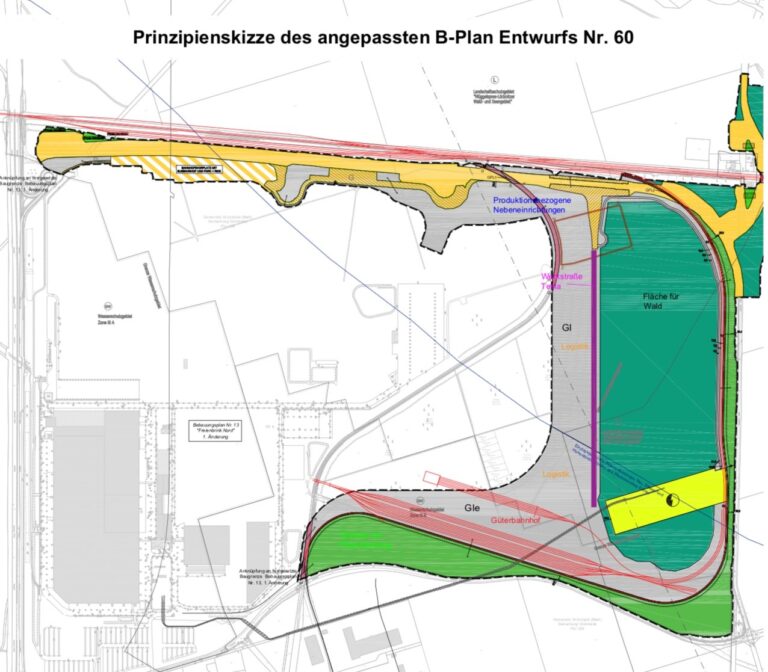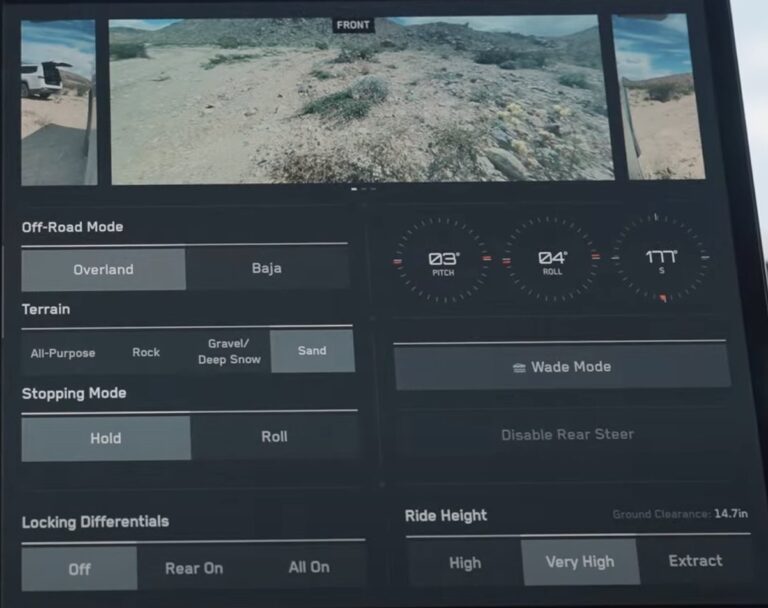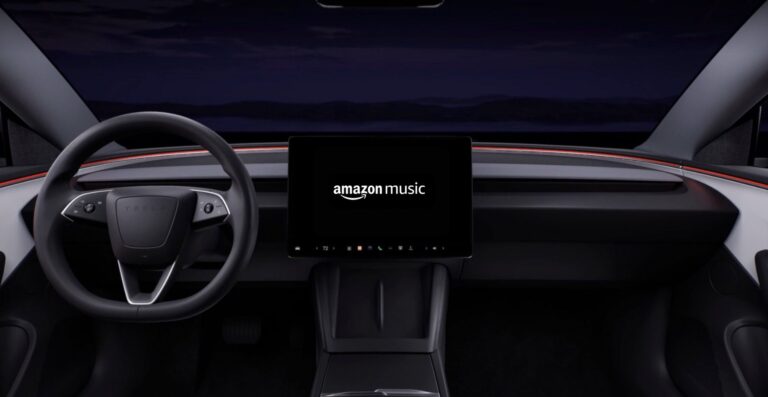Uber overtakes taxis on 100% electric
In the competitive world of transportation services, Uber asserts its leadership in sustainable mobility. Recently, the company announced a bold measure: from today, only recent electric and hybrid vehicles (dating after January 1, 2022) will be available on the Green option of its platform. This initiative is part of an ongoing commitment to more responsible mobility and marks an important step towards a less polluting future.
Environmental Impact at the Heart of Uber’s Priorities
Uber’s rapid shift to a greener fleet illustrates not only an environmental commitment but also a strategic response to growing consumer expectations for greener transportation options. In just four years, the proportion of vehicles eligible for the Green option on the Uber platform has increased from 14% to 83%. This significant leap demonstrates Uber’s ability to quickly adapt to current environmental challenges while paving the way for future environmental regulations that could affect the transportation sector.
An Ambitious but Necessary Transition
With the objective of achieving 50% electric cars by 2025, Uber does not hide its high ambitions. This transition to a predominantly electric fleet offers multiple advantages, including a significant reduction in CO2 emissions and other harmful pollutants. Additionally, it could also contribute to lower operating costs in the long term, with electric vehicles generally being less expensive to maintain than their combustion counterparts.
Uber vs. Traditional Taxis: A Race towards Electrification
This Uber initiative places the company in a leading position in the electrification of on-demand transport, clearly ahead of traditional taxis which are still struggling to integrate electric into their large-scale fleets. Taxis, often limited by stricter regulations and fewer resources to renew their fleet, thus find a serious competitor in Uber, which, thanks to its flexibility and continuous innovation, is redefining expectations in terms of urban transport.
Soon low-carbon Uber eats deliveries?
In response to rapidly evolving consumer expectations and the need to reduce our environmental impact, we are proposing the expansion of our low-carbon delivery initiative to the entire UberEats network in France. This proposal would aim to strengthen the commitment to sustainable practices while optimizing efficiency and customer satisfaction.
Conclusion: A laudable commitment but challenges ahead
Uber’s initiative is certainly laudable, but it also raises important questions. For example, access to sufficient charging infrastructure remains a major challenge to support a fleet of predominantly electric vehicles. In addition, the transition to electric must be accompanied by measures to ensure that all drivers can afford the change without it negatively affecting their profitability.
Uber is thus showing the way towards more sustainable mobility. However, it is essential that this transition is managed in an equitable and inclusive manner to ensure that the future of urban transport is not only greener, but also accessible to all. Thank you to Uber for its commitment, and to all users who support this evolution towards more responsible mobility.
